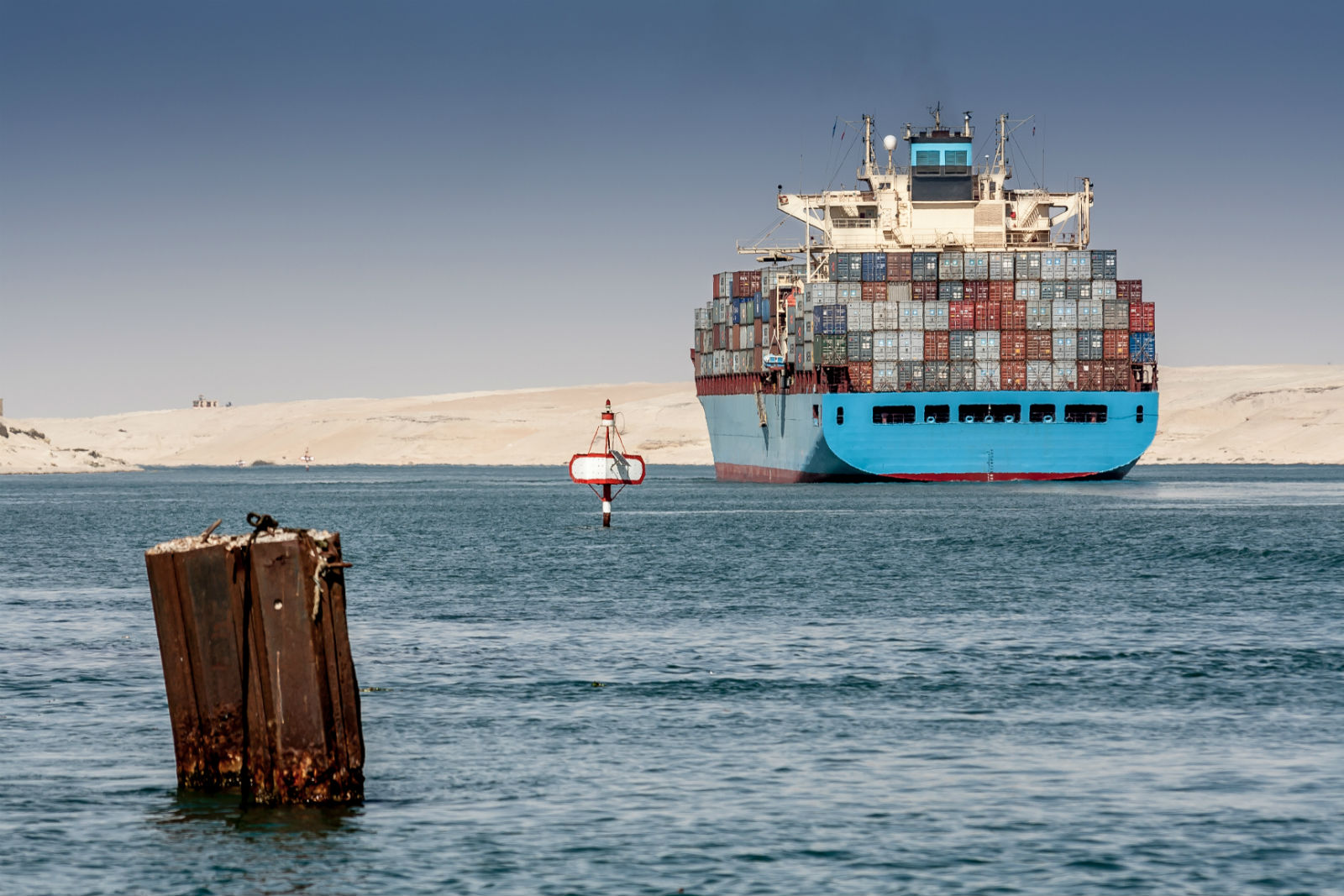Large ships are manipulating GPS to get around sanctions + The Iberian Peninsula could plug the EU’s energy gap

Who needs to fly under the radar when you can just sail through it? GPS manipulation is the latest trick large ships are using to evade international law or sanctions, with ships wanting to conceal their real location using a VPN-style technology to send out fake coordinates and mislead authorities, the New York Times reports. Maritime data company Windward uncovered the latest maneuver stolen from advanced marines to cross the world’s oceans undetected, which is employed for an array of — equally alarming — reasons ranging from smuggling drugs and weapons to fishing in protected waters (think Chinese fleets). The growing underground economy also holds great promise for sanctioned countries like Russia who can continue to move goods —including stolen Ukrainian grain.
What’s next? The manipulation of automatic identification systems, or AIS, could soon spread to airplanes which use a similar technology, Windward suggests. This raises doubts about whether this type of surveillance technology has transcended its purpose and whether it can continue to keep us safe.
Could Portugal and Spain be a lifeline to Europe’s energy crisis? The Iberian Peninsula's hefty investments in renewable energy sources and its extensive network of gas imports from Africa and the US has now “suddenly poised” Spain and Portugal to help the EU resolve its energy crunch, the New York Times writes, citing researchers and policymakers. Disconnected from the supply of cheap Russian gas that powers much of Europe, the two countries have developed massive wind, solar and hydropower projects and were the first to build LNG terminals to import natural gas in liquefied form for processing.
The Iberian connection: Facing a full-blown energy crisis and rationing talks, European nations are looking to replace Russian gas with substitutes shipped by sea from the United States, North Africa and the Middle East. Strategically placed Portuguese LNG terminals and a pipeline into Spain from Algeria and Nigeria may be the answer. An underground natural gas pipeline across the Pyrenees connecting Spain and France was abandoned three years ago after regulators in both countries failed to reach an agreement, but Germany is now a loud backer in favor of resurrecting the proposal.